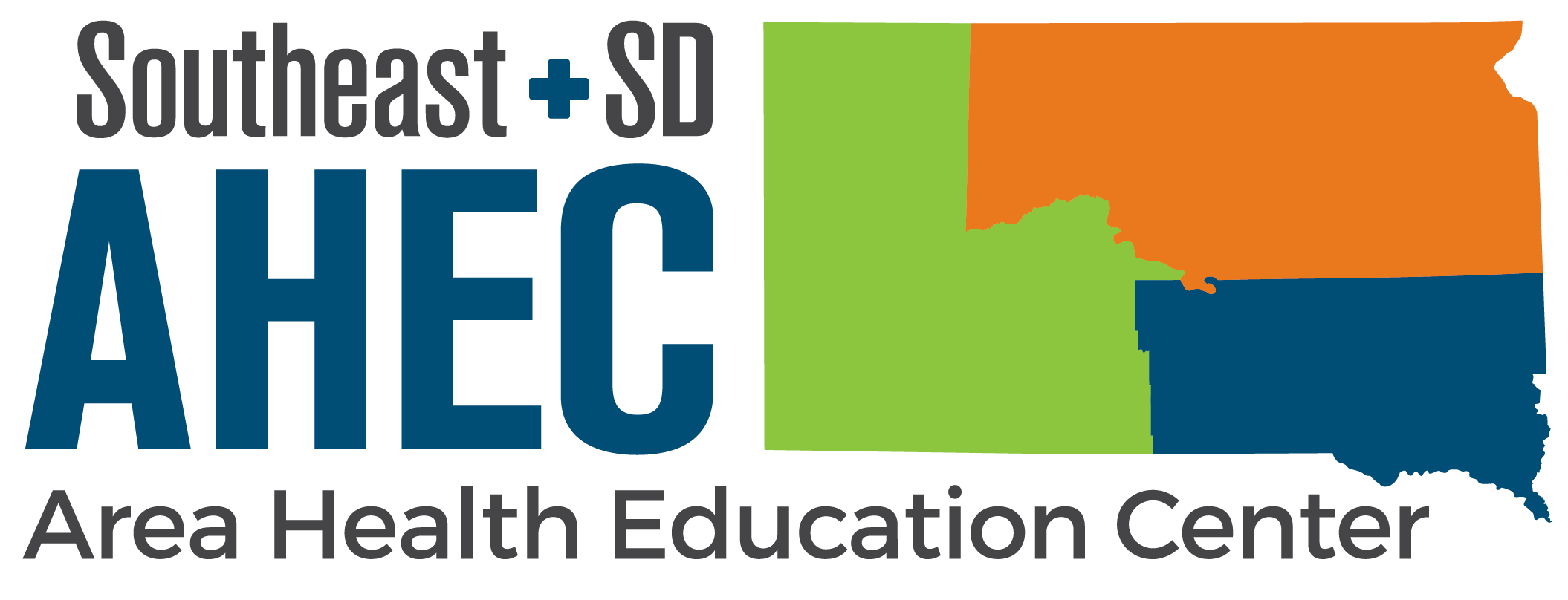The first I heard of the Rural Experiences for Health Professions Students (REHPS) program was in the middle of my first year of medical school as we were discussing different options for how we could spend our summer break. Honestly, after that one meeting I didn’t have much of an idea of what I would actually be doing, but it sounded like a pretty interesting program so I applied and looking back on the last 3 weeks I’m glad that I did. Originally after being accepted the plan was for me to participate in Parkston, SD for 4 weeks, however, after COVID-19 hit the states things got more complicated. The REHPS and AHEC leaders were very dedicated to making things work though so with a few modifications to the agenda I still got to be a part of the program this summer and I was assigned to go Martin, SD.
Upon arriving it was obvious that COVID-19 had made things complicated for Bennet County Hospital (BCH), the critical access hospital where we spent most of our time. There had been several well warranted changes they had to make to their facilities and how they do things including quarantining their nursing home residents, slowing down their clinic and rearranging their buildings as well as admittance protocols to try and mitigate the risk to everyone. Regardless of the extra effort necessary they were still willing to accept 2 health professions students, Ethan, my partner, and I to come and see all the different facet of what they do. At many points they even let us help however we could in caring for the patients there. This meant that since starting medical school last July I finally had the opportunity to get some time working with real patients and survey the minds of providers in real time as they tried to treat them.
The value of having this kind of experience right now is hard to overstate. I have spent so many hours preparing for work like this and have been unable to retain much of it at the forefront of my mind because I haven’t seen or had to use it. However, with each encounter with a new patient or provider’s intervention, remembering all the complicated anatomical and pathological associations necessary to be a competent physician became easier and it became clearer why all the details we study are so important. Throughout the REHPS experience every time a patient came in I got to ask the PA’s or NP’s what they suspected was going on with the patient, why they ordered what tests they did and confirm what I’ve been studying against what they do in actual practice. In addition to that, I got to assist hands on with patients by working alongside the nursing staff, doing HPIs and in some cases in physical exams and smaller procedures like IV placement. Whatever the providers felt confident I could do without compromising patient care they allowed me to, something which after a full year of studying I was very grateful to do.
Most of my three weeks in Martin was spent working in the ER learning invaluable information from providers there, but I did get to see how the rest of the hospital and community function too. Ethan and I had the chance to accompany the paramedics and ambulance calls, follow wound care in the pharmacy, see the clinic, rounds , PT and OT and after all of it I’m left with the impression that BCH in Martin is a pretty amazing place. I’d never discounted the possibility of a medical career in a more rural location, but after being around so many people that are so dedicated to this place and have real worthwhile purpose in what they do I can really see the appeal of working somewhere like Martin. People here and in places like Martin are not just doing a 9am-5pm job for their own benefit. They go far beyond what is expected of them, taking on multiple necessary responsibilities and leaderships roles because if they don’t there may not be anyone else to do so for their family, friends, and neighbors. It’s an amazing thing that I am glad I got to see firsthand and after having participated in REHPS is the kind of place I could definitely see as a possible part of my future practice.
